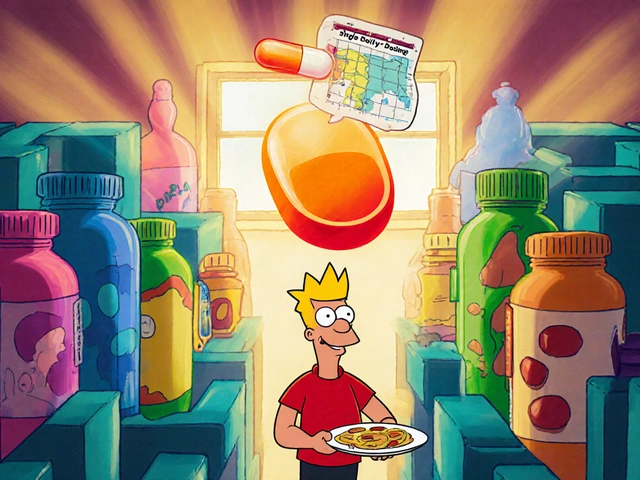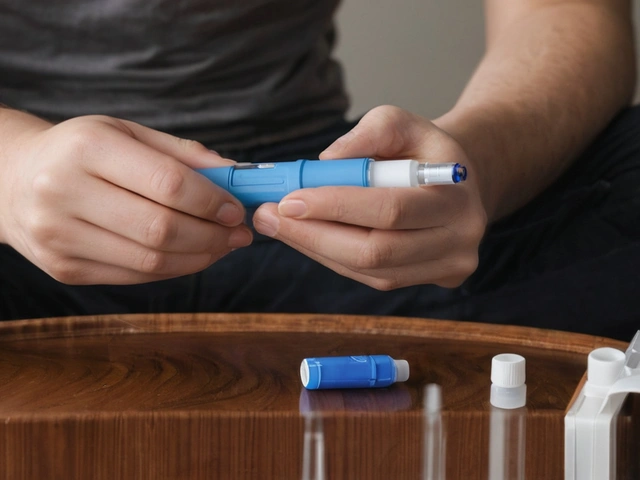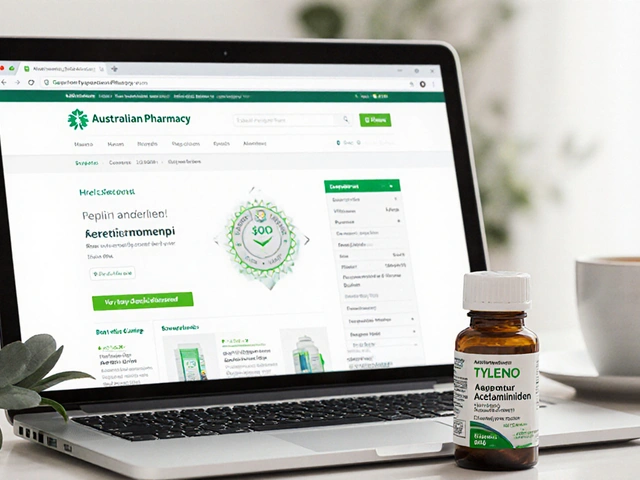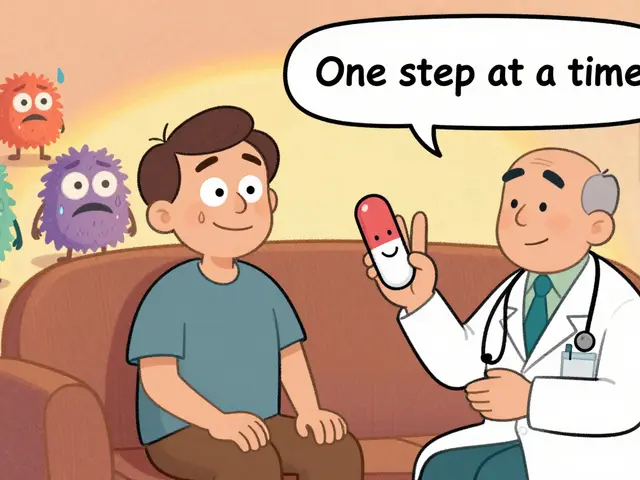Thirst: Causes, When to Worry, and Practical Fixes
Thirst is your body's quick warning light. Often a glass of water fixes it, but sometimes thirst points to something more—like uncontrolled blood sugar, side effects from meds, or dehydration that needs medical care. Want simple, useful steps you can try right away? Read on.
Why you might feel thirsty
Dehydration is the top reason. You lose water when you sweat, pee, or have diarrhea. Not drinking enough over a day or two adds up fast. High salt or high-protein meals also pull water out of cells and make you thirsty. Certain medicines cause dry mouth or increased urination — think diuretics, some antihistamines, anticholinergics, and newer diabetes drugs called SGLT2 inhibitors. Alcohol and caffeine can make you lose more fluid. Finally, high blood sugar in diabetes makes you thirsty and causes frequent urination.
Quick fixes you can try now
Start with plain water. Sip steadily instead of gulping. If you’ve had heavy sweating, vomiting, or diarrhea, use an oral rehydration solution or a sports drink with electrolytes. Eat water-rich foods like cucumbers, watermelon, and soup. Cut down on salty snacks and limit alcohol and strong coffee for a day. For dry mouth, chew sugar-free gum or try a saliva substitute from a pharmacy. If medication is the likely culprit, don’t stop it — talk to your doctor about alternatives.
When thirst is a red flag: see a doctor now if thirst comes with extreme thirst plus heavy urination, sudden weight loss, blurry vision, confusion, or weakness. Those can be signs of very high blood sugar or other serious problems. Also get checked if your urine is very dark despite drinking, or if you have ongoing vomiting or diarrhea that prevents you from keeping fluids down.
Practical habits to avoid constant thirst: keep a reusable water bottle and set small hourly goals — one cup every hour when active, more in heat. Check urine color: pale yellow is good; dark means drink more. Balance fluids with electrolytes during long exercise. Avoid sugary sodas as they can worsen thirst. If dry mouth bothers you at night, run a humidifier.
When to discuss meds and tests: if thirst started after a new drug, mention it at your next clinic visit. Your doctor may check blood sugar, kidney function, and electrolytes. Simple blood tests can quickly rule out diabetes or dehydration. If needed, your provider will adjust treatment or suggest other ways to stay hydrated.
If you use diabetes apps or home glucose meters, track thirst with readings. Note time of day, drinks, meds, and activity. A short diary helps your provider see patterns. For older adults and young kids, even mild dehydration can escalate fast — call for help if fluids are refused or mental changes appear. Keep a water log.
Thirst is common and usually fixable. Small changes often help, but persistent or extreme thirst deserves a medical check. Stay curious about what your body is telling you, and keep water within reach.





